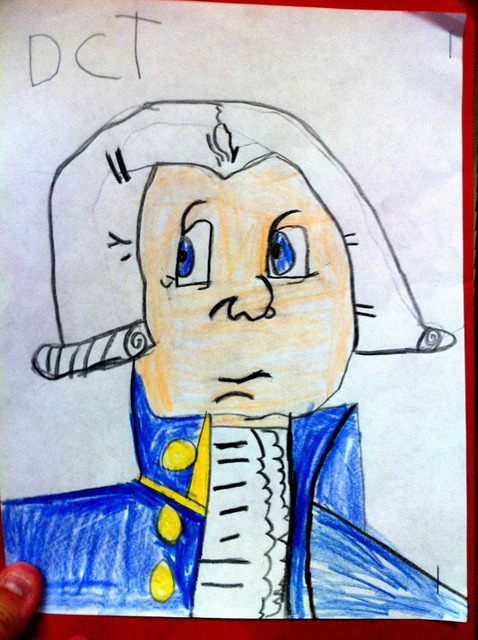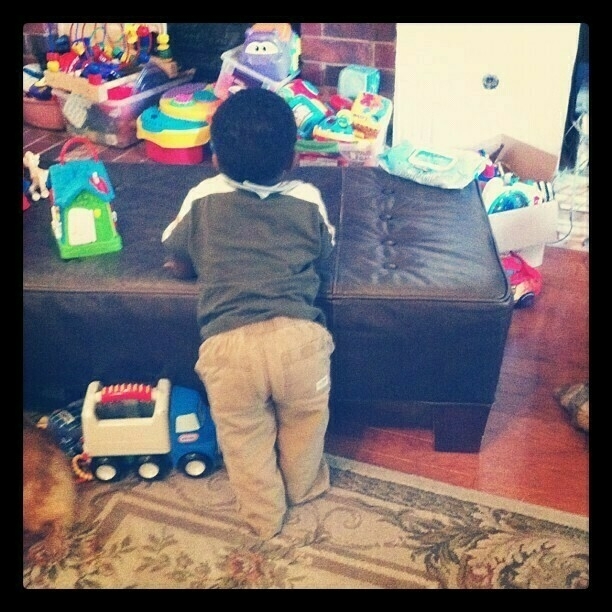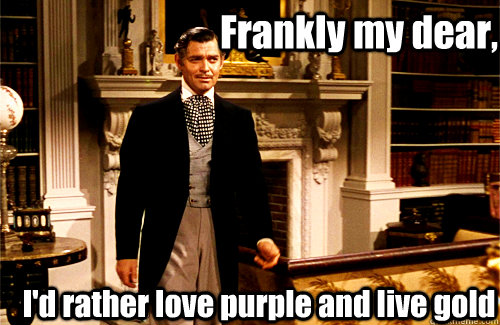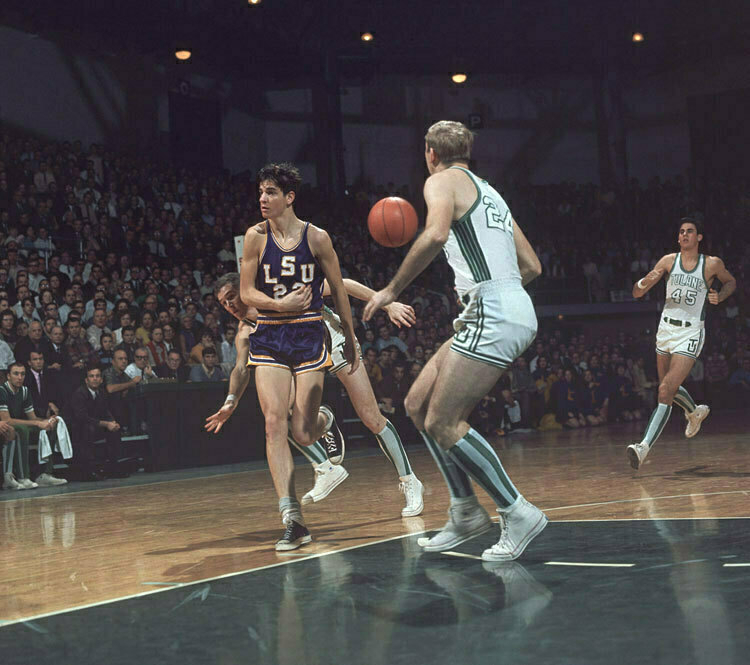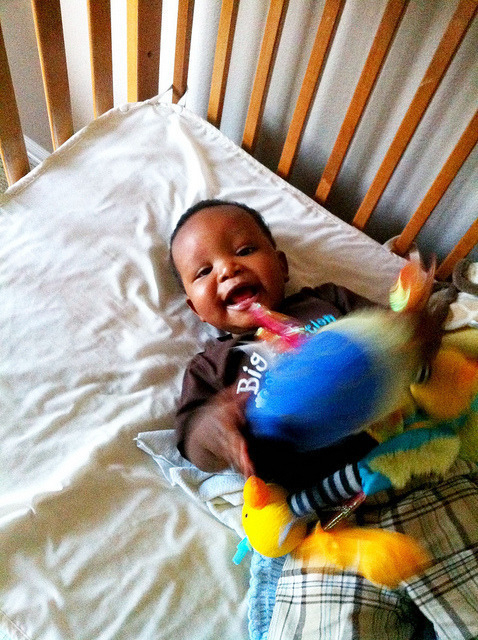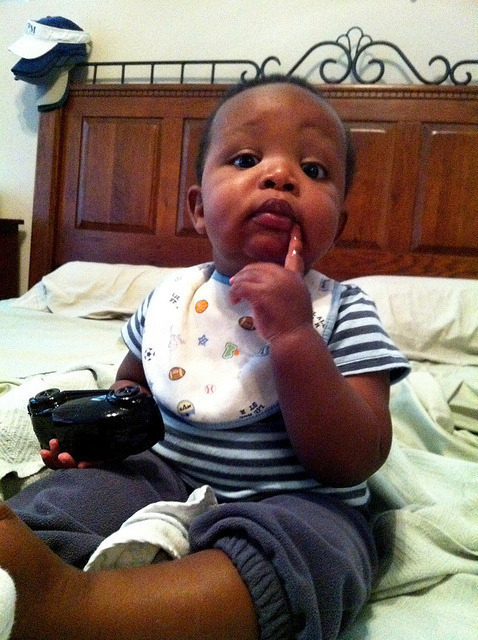Tumblr
The Grilled Cheese Toaster Bag. I feel like this took longer for us (as humans) to figure out than it should have.
Dave blogged this, but utterly failed to include a link where one might purchase this revolutionary product.
I wonder how well this will work with the bread buttered, as we do in our household before we plop it down on the frying pan…
PEBKAC: Staying Connected in Africa
This column originally appeared in the December 2011 issue of About This Particular Macintosh.
Greetings from Rwanda! As this issue goes to press, my wife and I are in the African republic finalizing the adoption of our third child. We’ve been here for two weeks, and have up to another week in Kenya to look forward to. (Procedural muckety-muck with US Immigration; not everything can be processed in Rwanda.)
Staying connected with back home and the larger world has been a challenge. We each brought our iPhones, but they’ve been locked in airplane mode since we boarded our initial flight out of Dallas. We checked with AT&T about using them internationally, but the costs of doing so were just too great. Thanks to a Facebook group devoted to adoption in Rwanda, we learned it was relatively cheap to buy a simple phone for texting and local calls. So we set our sights on doing that.
Our first full day in-country we performed our first currency exchange and immediately sought out one of the myriad cell phone sellers. And when I say myriad, that’s not an exaggeration. Take those half dozen or so cell phone kiosks you see at an average American mall and multiply it by a few hundred. Thousand. A few hundred thousand. (Okay, that may be an exaggeration, but it seems that every where you look there are booths or larger stores devoted to selling mobile phones.
Mobile is huge here, as it is in much of the developing world. A mobile infrastructure is much easier to build out than a wired one. Everyone here has a mobile phone. Not many people have a land line. Heck, even the Executive Secretary of the National Commission for Children (under the Office of the Prime Minister) has her mobile number on her business card. And that’s all. (And yes, this means that we do, in fact, have a business card from the Executive Secretary of the National Commission for Children.)
So, mobile phone acquired, along with two SIM cards, each with about nine US dollars worth of time and texting, total cost: US$35. Why two SIM cards? Turns out this no-name phone from China or Korea or wherever has two SIM slots. There are two mobile providers in Rwanda, the original MTN, and the relative newcomer, Tigo. It’s cheaper to call internationally, especially to the United States, on Tigo. Most everyone we’d be in contact with in Rwanda is on MTN. So the dual-SIM card capability would benefit us greatly. (An eight-minute phone call at 4 in the afternoon, Kigali, back to Dallas cost about 300 Rwandan francs, or 50 cents US.)
On every street corner, in every other empty space of a strip mall or building, there are men and women selling cards for time and data on MTN and Tigo, usually under yellow umbrellas of the former and purple umbrellas of the latter. They are fairly aggressive, but not obnoxiously so. They won’t hesitate to come up to ask if you need to buy, but back off quickly if you decline. It’s very cutthroat, however, as the percentage they receive from each card sold is their livelihood. They won’t hesitate, once a buyer has been identified, to try to sell over one another to earn that percentage. While we haven’t had to engage in an on-the-street purchase, our local attorney has, and it was interesting to watch.
So far as Internet access is concerned, we brought my 11-inch MacBook Air, plus an iPad 2, which has proven handy for watching US TV episodes previously downloaded when your only choices in the hotel room are Al Jazeera English and a sports channel that shows nothing but football (soccer, fellow Americans). Our hotel has Internet access in the room, usually served via wifi from a router mounted out in the hallway. Unfortunately, that wifi hasn’t worked since the day we moved in. Enter a wired connection and Mac OS X’s Internet Sharing feature.
Though I always carry a 25-foot Ethernet cable in my pack, I heartily accepted the hotel staff’s offer of a cable to plug in with. I consider the Apple Ethernet-to-USB adapter for the Air to be one of those “better to have and not need, than need and not have” pieces of kit, and it indeed saved our bacon. With the MacBook Air plugged in, it was off to the Sharing pane in System Preferences, and after turning on Internet Sharing, our iPad and iPhones could access the outside world over wifi. Problem solved!
Well, kind of.
Two days prior to the writing of this piece, our hotel’s connection went down about 8:00 PM local time. And has yet to resurface in our room, despite the tech sitting at the front desk, plugged in, forty-eight hours later. So while we were happily checking in on Twitter, Facebook, and e-mail in the mornings and evenings, that was no longer possible, wired connection or not.
So lunches and dinners have been spent at places with known free wifi, and the staff of two institutions now recognize us on sight. Just this evening, while eating steak kebabs and sambusas (local version of the meat-filled, deep-friend pastry), the Air was on the dining table, purchasing tickets through KLM’s web site for our flight to Kenya. (And zapping some spam from my e-mail inbox.)
So while staying in contact with our family back home, and with our friends around the world, hasn’t been as easy as back in Dallas, it has not been an insurmountable challenge, either. The people of Rwanda have been very friendly and accommodating, and we have, to a degree, fallen a little in love with our newest child’s homeland. We will certainly return in the years to come.
[vimeo 39302068 w=250 h=141]
A quick, 1.4-second test video using the Frameographer app and the Glif, both from Studio Neat.
Jen Hatmaker - Dear Trayvon's Mom
Jen Hatmaker - Dear Trayvon's Mom
I kept looking for a quote to pull for Tumblr, but every paragraph was better than the last, and just… read the whole thing.
My wife tweeted this link earlier today, so I only thought it proper to include it here as well.
Secret door inside this wardrobe leads to a Narnia-themed playroom
PEBKAC: On the passing of Steve Jobs
This column originally appeared in the November 2011 issue of About This Particular Macintosh.
In 1996, I was working for The Computer Shoppe, in Metairie, Louisiana. The Computer Shoppe is distinctive in that it was one of the original Apple retailers signed up nearly twenty years before. That year Apple Computer, Inc. celebrated its twentieth anniversary, and there was much hullabaloo. One such bit of hullabaloo was the visit by Apple bigwigs and Steve Wozniak to our humble shop. Then-Apple CEO Gil Amelio had enlisted Woz, as one of the company’s original founders, to act as the face of the company for the anniversary goings-on.
Woz spent an entire day at the store, and the entire staff got to go to a dinner that night, where The Computer Shoppe’s owners were presented with a crystal apple as thanks from the company. Some time during that day, I got Woz’s signature on the mostly-blank side of one of The Computer Shoppe’s tri-fold flyers.
I’ve attended two Macworld Expo keynotes where Steve Jobs was presenting. The first time I was in the same (albeit very large) room as Jobs, I thought about that flyer with Woz’s signature, and how neat it would be to get both founders’ autographs together.
These were the heady days of two Macworld Expos a year, and I knew I’d be attending the very next Expo, so for that time, I dug through the box of momentos and found the flyer. It was with me in the keynote hall, and it was in my hand as I got within about fifteen feet of Jobs after the keynote had concluded and the hall had mostly emptied.
That flyer still bears only Woz’s signature.
I don’t remember who Jobs was talking to. It didn’t appear to me it was a media-related conversation, and my memory isn’t deep enough to recall whose badges said what, so it very well could have been a less-publicly known Apple executive. Or just a friend.
What I do recall is that Jobs appeared at ease. Comfortable. He wasn’t having to be “on” for the keynote presentation. He was more relaxed now. There were a few other people were milling about, waiting for a chance to talk to Steve, shake his hand, whatever. I looked around at them, and the thought occurred to me, This just doesn’t feel right. I cannot recall there being anything specific triggering that thought, but I do remember the thought. This just doesn’t feel right. So I stuck the flyer back in my laptop bag and headed out, no looking back, no regrets.
There may have been a time to ask Jobs to sign the flyer, to get his John Hancock next to his former partner’s. But that wasn’t it. Not when he was coming down from arguably some of the toughest in-the-public-eye work he did each year. It was time to let him bask in the finish, to relax, to enjoy.
Many words have been and will continue to be spilled about the life of Steve Jobs. He will be called many things: visionary, leader, driven, egotistical, asshole. He will be remembered fondly by many. He will be remembered foully by some. Love or hate, he will be remembered.
The first computer my family owned was a used Apple ][e, purchased from a teacher at my high school. I distinctly remember going with my dad to the teacher’s house to pick up the system, and I distinctly remember seeing my first Macintosh in person, for that was what had replaced the ][e for this particular teacher. I remember buying my first Mac in the Tulane University book store while my wife was in law school. And I remember going into the Dallas metroplex’s first Apple retail store to buy the first iPod.
Like many of my friends, I would not have had many of the experiences, the jobs, I have had were it not for two Steves getting together to build a personal computer. Which led to another. Which led to another. And another. And so on.
What we should remember most about Steve Jobs, for all that he accomplished, is that, in the end, he’s just a man. A man with family and friends who loved him deeply, and who will mourn his passing more deeply than any one of us outside that circle. For me, tomorrow is just another day in my life. For them, tomorrow is another day without the dear one they loved.
So I do not mourn Steve Jobs for myself, despite what his life’s work meant to mine. Instead I mourn for his family, who now face life without a husband and father.
And for the rest of us, tomorrow will be just another day. Tomorrow, there is no chance of Steve returning. Tomorrow, there is no amount of mourning and what-iffing that will bring him back.
Tomorrow is the time to turn to the ideals Steve believed in: striving for perfection, though it is never attained; demand the best in yourself, and strive to bring it out in others; and to live your life to the fullest in pursuit of your dreams.
The other option is to forget about creating rules and lists and instead get an effective anti-spam utility. And when I say effective I do mean C-Command Software’s $30 SpamSieve. We don’t dish out five-mouse ratings lightly, but in this case it’s completely deserved. I’ve relied on SpamSieve for years as have many of my colleagues. It really is the best way to deal with this crud.
Christopher Breen, Macworld
Admittedly, I’m biased, as Michael Tsai, the man behind C-Command, is a personal friend. I was on the original beta test team for SpamSieve, and have used every iteration since 1.0 hit the ether. If you’re a Mac user, this is the first app you should buy.
[youtube [www.youtube.com/watch](https://www.youtube.com/watch?v=6iiupTzgjSY?feature=oembed&enablejsapi=1&origin=https://safe.txmblr.com&wmode=opaque&w=250&h=141])
Members of the United States Air Force Honor Guard performed a drill routine Thursday (3/8/12) on the Parade Ground.
This marks the first time the 16-man honor guard drill team visited the campus. The team is led by 1st Lt. Alexander Stanton, an LSU alumnus.By Tyler Daniel, The Daily Reveille
Once upon a time, that was almost me. I served two years in LSU’s Pershing Rifles, the combined honor guard component of LSU’s ROTC programs. We never did anything as fancy as these moves, however. Nor did we get to mount bayonets.
This is radically cool.
I wanted to personally thank Baton Rouge, LSU, Coach Paul Mainieri and the amazing LSU fans for the tremendous support they showed the cadets and fans from the United States Air Force Academy this past weekend. I had heard that LSU supporters were some of the best in the country, and they certainly did not disappoint.
I can honestly say that our team will never forget the unparalleled hospitality they received while visiting your great city and institution. Giving our team the opportunity to play and compete against such talent as Paul Mainieri and the LSU baseball team, in such an unbelievable facility was an experience our players, coaches and fans won’t soon forget.
Those of us wearing Air Force blue this weekend, in a sea of purple and gold might typically feel a little bit uneasy. However, your fans seemed genuinely appreciative of the cadets at the Air Force Academy and their future service to our great nation. To receive standing ovations during the middle of a Division 1 collegiate baseball game is an experience that is difficult to put into words. Nothing in my 20-year military and coaching career could have prepared me for that response and outpouring of support.
While we would have liked to walk out of Alex Box Stadium with a few more W’s this weekend, what we did walk away with simply cannot be matched.
You all should be very proud to be a part of such a great city and institution. Best of luck to all of you this season, and I think you may find you have a few more fans, who when not rooting for AFA will be pulling for LSU! It was Priceless! Thank You!
Michael “Kaz” Kazlausky, head baseball coach
United States Air Force Academy
USAF Academy, Col.
PEBKAC: Readers, Readers Everywhere, and Not A Library To Spare
This column originally appeared in the October issue of About This Particular Macintosh.
I have a problem.
I love to read. (No, that’s not the problem, but we’ll get there.) Last year, I read forty-three books and novellas, a personal best since I began tracking annually three years ago. Over the past couple of years, a steadily increasing amount of my reading has been done electronically. With iBooks, Kindle, and Nook apps on my iPhone, I could read pretty much anywhere, any time. My wife and I each have our own hardware Kindle now, too. And, of course, there are still the dead tree editions stacked about.
So what’s the problem? Sounds like maybe Erasmus’ quote writ large, perhaps, but no, not having money for food and clothes isn’t the problem.
The problem is that there’s no way to track my library across dead-tree, iBooks, Kindle, Nook, et al. And when I say track, I mean in a manner that doesn’t have me endlessly typing into some sort of database each and every title. Amazon, Apple, and Barnes & Noble already have a database of what titles I’ve gotten from them, both free and purchased. If only that information could be harnessed.
And therein lies the rub: even if an enterprising developer rose to the challenge, he would have to have access to certain information which I’m pretty sure Amazon’s APIs do not allow access to, I don’t think B&N even has APIs for, and know for a fact that he wouldn’t be able to get it out of Apple.
Now, as a good capitalist, I do not begrudge Apple, Amazon, and Barnes & Noble from keeping this information proprietary. After all, they’ve spent considerable monies and man-hours on building these systems for their benefit. Yet as a consumer, it would be nice to be able to use my personal information from these companies for my benefit as well.
I know I’m not alone in this problem. Some may not have even realized yet they have the same problem, which only makes it more frustrating for those of us who are aware of it, as it means there’s little demand for the above companies to relinquish access to the information we’d so desperately like to house under one roof for our own benefit.
“But Chris,” you may say, “why not just buy from a single source, like say, Amazon. Then your problem’s solved.” Very true, but how often is that the case, that we’ll be able to have 100% of our electronic and dead-tree book purchases come from a single source? Sure, it’s easier than ever to make that happen, but personally, I like to spread the wealth around. For one, I actually prefer the iBooks interface to the Kindle app’s on my iPhone. Granted, owning a hardware Kindle means I’m more apt to purchase from Amazon moving forward, but that still doesn’t fix the problem of the myriad titles across different apps/sellers now.
Sadly, looking at the landscape, the only conclusion we can reach for those of us who really care about the one-roof concept is that we’ll be spending a lot of time in our database of choice entering it all manually.
[gallery]
In honor of Washington’s birthday today, our eldest’s portrayal of America’s first president. on Flickr.
I confess, I’d love to know what ol’ George is glancing off at.
